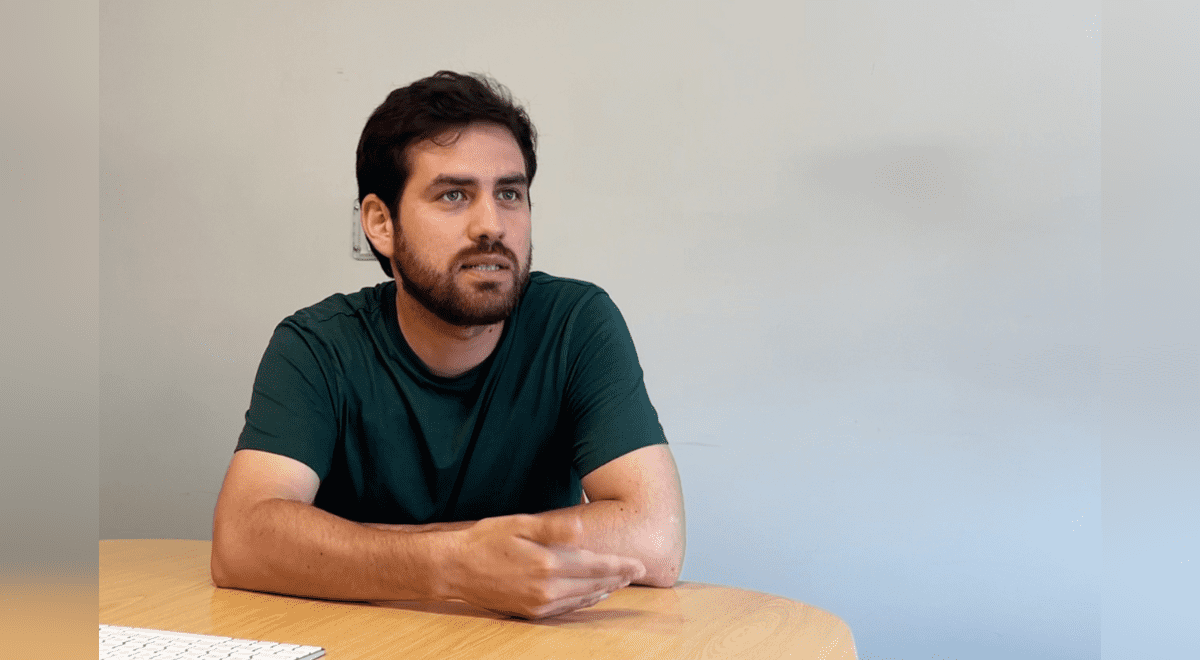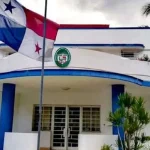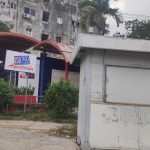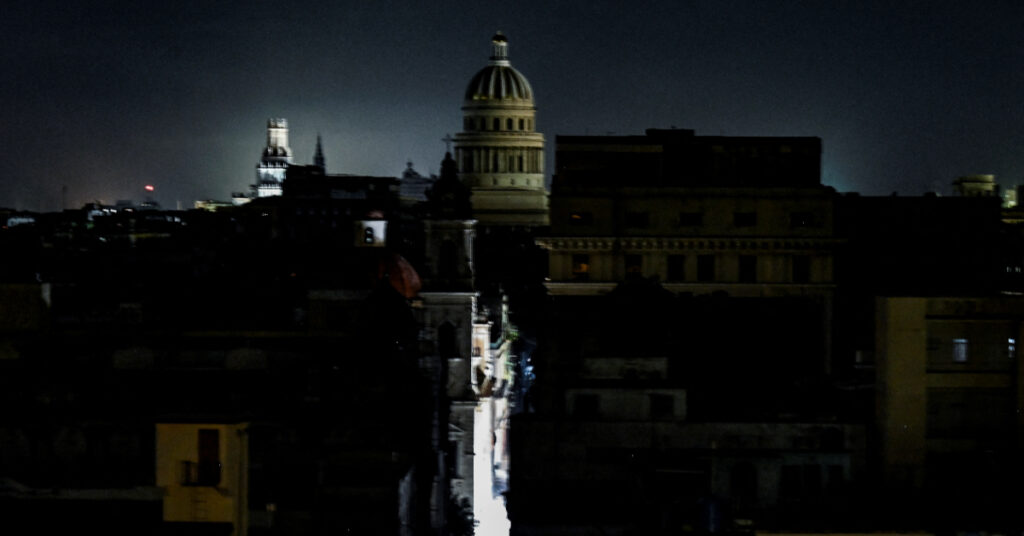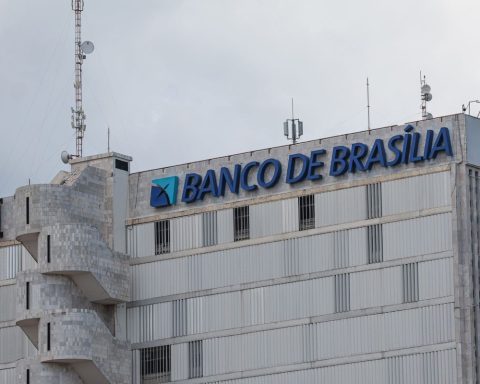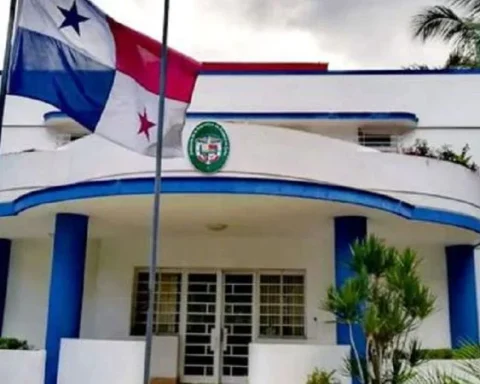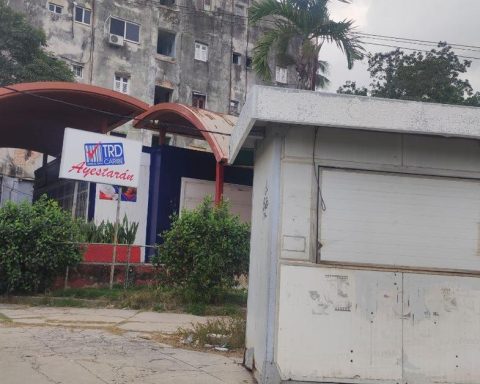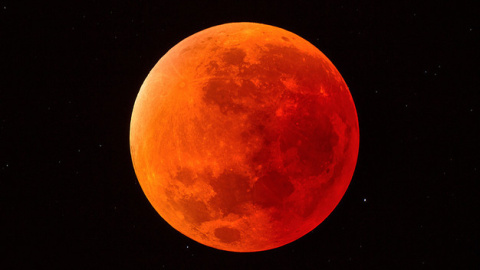A Chilean representative pointed out that, in Chile, an important political and business elite was convinced —after the massive protests that took place— that institutionality is the only way to give economic and social stability to the southern country.
The discussion about the possibility of summoning a constituent Assembly in our country opened a debate —in the political fueros and also in the streets—which seems trapped in the old fights between left and right. These days, the Chilean deputy and president of the Social Convergence party, Diego Ibáñez Cotroneo, President Gabriel Boric’s group, visited our country and spoke with La República. Given the arguments expressed against a constituent process in Peru, he warns that, first, an AC is not “an overflowing power” and, second, that the maturity of the political class in Chile led business groups to understand that it is possible to live in economic stability and discuss a new constitution.
—An argument for rejecting a constituent Assembly It is that Peruvians do not know what a constituent assembly is and, therefore, they would not be able to answer in a referendum if they want one or not. What do you think of this argument?
—I think it is not difficult to understand that a constitution is the law of laws and that the principle of the rule of law radiates from there. Chile serves as an example that in turbulent times, the political elites must take up these demands and open the institutional framework, understanding that the problems of democracy are resolved with more democracy. It is not fair to impute ignorance or lack of education when there is a majority impulse of the citizenry that suggests changing the structure of the State regulations because the policy is not giving results.
The example that serves in Chile is that even the right agreed to open the institutional framework to convene a constituent process that allows stability in the long term. When the institutionality and politics are closed, the protests continue to be reproduced. They may calm down for a while, but eventually they keep reproducing.
—This narrative about the population’s ignorance of what a constituent assembly is also hides a whiff of discrimination?
—These few days that I have been talking with social leaders It has given me the impression that there is a high level of segregation between Lima and the rest of the provinces. I get the impression that the malaise is a reflection of decades of cultural and linguistic invisibility and access to the benefits of the economy. It may be that in one way or another, ignoring these demands is a much broader symptom of discrimination.
—Here in Peru it is very common to hear in the public debate that Chile has a few decades ahead of us in terms of political and economic development. What do you think we need to achieve a good level of institutionality and good political work?
—Although Chile is not the best example, it seems to me that there is a lack of long-term political and collective projects. There is an overdetermination of individual leaders in front of projects that represent much broader collective projects, and that complicates reaching agreements for the benefit of the general interest.
It took Chile many years open a process that ends with the inheritance of the dictatorship and today we are living it. Despite the fact that the first proposal for a constitutional text was rejected, there is a political and business elite that has convinced itself that institutionality is the only way to give economic and institutional stability to the Chile of the future. If they close themselves in their own bubbles of power, they end up bursting the situation even more and worsening the quality of life of Chileans, as well as affecting their own businesses.
—Another objection that is raised is that a constituent Assembly represents in itself an absolute power. You have already experienced this in Chile. Is it so? Also from the right, the constituent assembly is perceived as an expense. Was it also perceived that way, or more with an investment for the future?
—First, in Chile the constituent assembly did not cost even 1% of what the richest person in the country has, much less than 0.05% of GDP versus the investment that constitutes that tiny sum of money to guarantee social and political stability in the next years. Investment in democracy can never be seen as an expense.
The constituent process is a sovereign power, but it has certain principles. It is not an overflowing power. The principles that we gave to the first constituent process in Chile were respect for judicial rulings, respect for the democratic and republican character of Chile, while any other political model could not be installed in a constituent assembly, and that they are respected in the exercise of the constituent Assembly the human rights treaties ratified by Chile. That suits you that the debate develops in a certain way.
—How do we know that we are in a constituent moment? Some surveys seem to warn one, the streets too, but reality —from the powers of the State— sometimes seems to contrast that reality.
—I believe that all countries are prepared for the democratization of their institutions, but the point is how prepared the political elite is to recognize that there is a deep crisis. When you deny the pain and discomfort of segregation, the lack of social rights and the lack of basic goods, such as water, it seems that those who are not prepared to improve the situation are the political elite. In moments of convulsion and crisis, leadership emerges that is capable of interpreting that feeling and making things happen, that things change.
-What image do you have of Pedro Castillo and its situation in Chile. At the Latin American level there are pronouncements that mark a quite marked position, such as Mexico, Colombia and around Argentina. In what position is Chile?
—Socially, Chile talks little about the politics of our neighboring countries and little is known about the details of what has happened in Peru. That is the general rule. In particular, what worries us and what we have seen on television are the 61 deaths in a context of social protests, because we experienced it with our former president Sebastián Piñera, with dozens of deaths and 400 people with mutilated eyes. Therefore, there is a natural empathy of the Chilean people to look at what happened in Colombia or what happens in Peru with respect to what happened in Chile. It was also invented that those who provoked the protests were infiltrators of Evo Morales, infiltrators of international communism or of (Nicolás) Maduro, that the truth had no basis and was more than anything else a smokescreen to make invisible the inequalities that existed in the Chilean people.
Regarding what happens in Peru about how legitimate the government was Pedro Castillo or Dina Boluarte, there is not much opinion. My visit is related to understanding a little better what is happening in Peruvian politics.
—You mentioned that the protests in Chile resulted in dozens of deaths and mutilations. Has justice been achieved at the judicial and political level for those responsible?
—There were constitutional accusations against the Minister of the Interior at that time, which were approved. Meanwhile, they are people who have been punished in their political right for a number of years. There are also open judicial processes in which the Public Ministry is still investigating.
—Have you heard President Boric refer internally to the situation that the Peruvian people are experiencing with Dina Boluarte and the police repression that has left an unfortunate number of deaths?
—We respect the principle of non-interference in the internal affairs of other countries. We want to have good diplomatic relations and sensitivity towards respect for human rights, which are universal criteria.
—A few days ago police officers paraded through the Paseo de los Héroes, images that were commented on by the president of Colombia, Gustavo Petro. He said that police officers “march like Nazis against their own people.” In Congress they ask to declare him persona non grata, something similar happened with Evo Morales. Where is the limit between opinion and interference between governments?
—I believe that those borders will always be political, but you have to be cautious to respect democracywithout, however, omitting the violations of human rights.
—What is your opinion about the constant changes of presidents in Peru? Since PPK took office in 2016, no one elected by popular vote has managed to finish their constitutional term. What do you think that tells us?
—I think that there is a moment in which societies are submerged in a destituent circle, which is very typical of the whole world, not only in Peru. It is the crisis of the neoliberal model. When politics is hijacked by union and business interests, it does not respond to the most fundamental, such as collective problems. The response that the people have is to break in somehow and if this has not been resolved it is because politics is in need.
—Here they say that the deterioration of the political class and the institutions has reached a critical and serious point. Is it something that you only think happens in Peru or is it more of a Latin American phenomenon?
It is a global phenomenon. After this visit to Peru I travel to Spain, where the movement of the indignant lived between 2014 and 2015. In Europe, in France there is also a process of mobilization regarding the yellow vests or what happened in the United States with the Wall Street riots, the crisis in Colombia with more than 70 deaths, in Chile with dozens of deaths and more than 400 maimed, what is happening now in Peru; These are moments of convulsion that respond to corporate models of democracy where the public is captured by a select group and privileges accumulate in the face of the bad life of the majority. That happens here in Peru as in the whole world, especially in Latin America, where we have an extractivist matrix that leaves little added value and well-being for our society.
